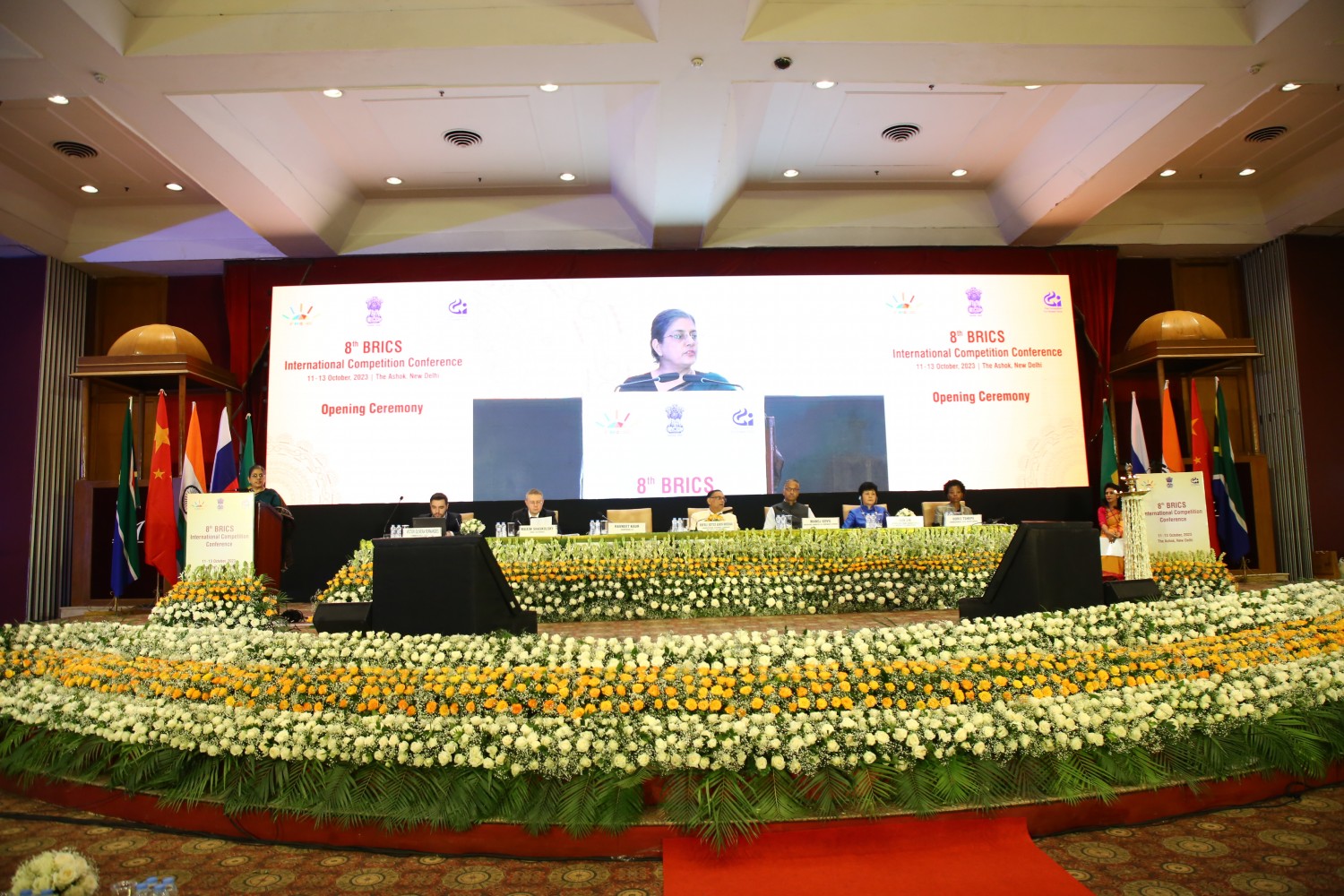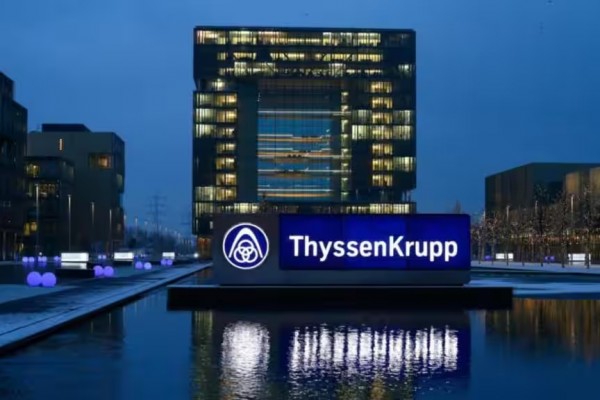On October 11, the 8th BRICS International Competition Conference organized by the Competition Commission of India (CCI) with the support of the competition authorities of all BRICS member countries opened in New Delhi, India. The theme of this year's conference: "New Issues in Competition Law and Policy • Dimensions • Perspective • Challenges."
According to Ravneet Kaur, Chairperson of the Competition Commission of India, around 600 delegates from competition authorities in BRICS and non-BRICS Nations, including globally eminent competition experts and Indian delegates, are expected to attend and participate in this conference.
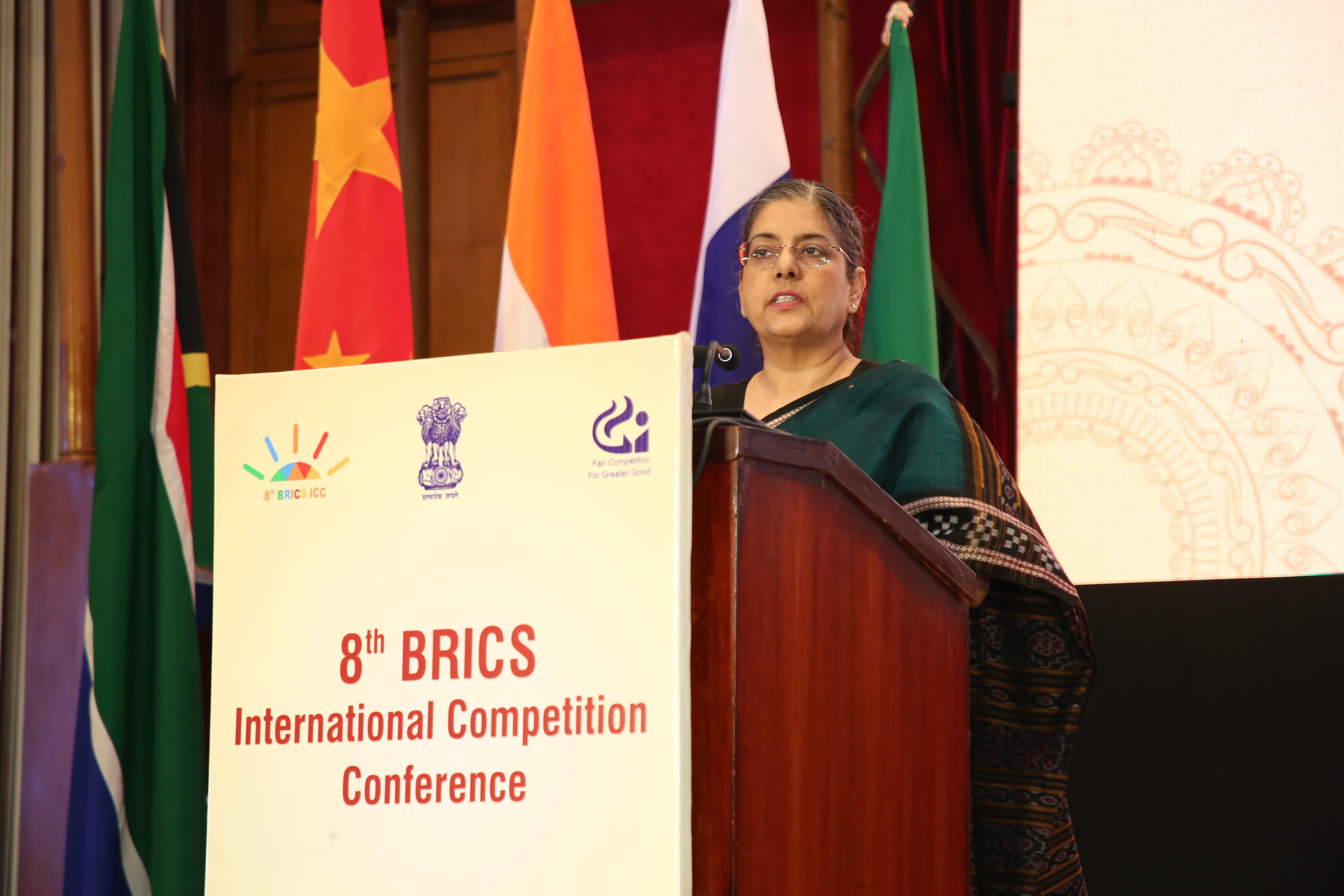
Ravneet Kaur also highlighted the importance of the Review of Leniency Programs in BRICS Countries. Leniency Programs are wider tools for uncovering and dismantling cartels by incentivising self-reporting and cooperation.They illuminate the secretive operation, provide critical insider information and enable swift action against anticompetitive activities.
“Continuous improvement and adaptability in leniency programs is essential for us to keep evolving as the cartels change their tactics over time,”
stressed CCI Chairperson.
The report covers the procedural aspects of leniency programs in BRICS countries, including application procedures, eligibility criteria, and penalty reductions.
“This comprehensive document provides valuable information cataloging both the commonalities and the unique features in each country. The report enhances understanding of joint actions against cartels. I expect that it will be a very valuable source of information for stakeholders in all the competition law communities.”
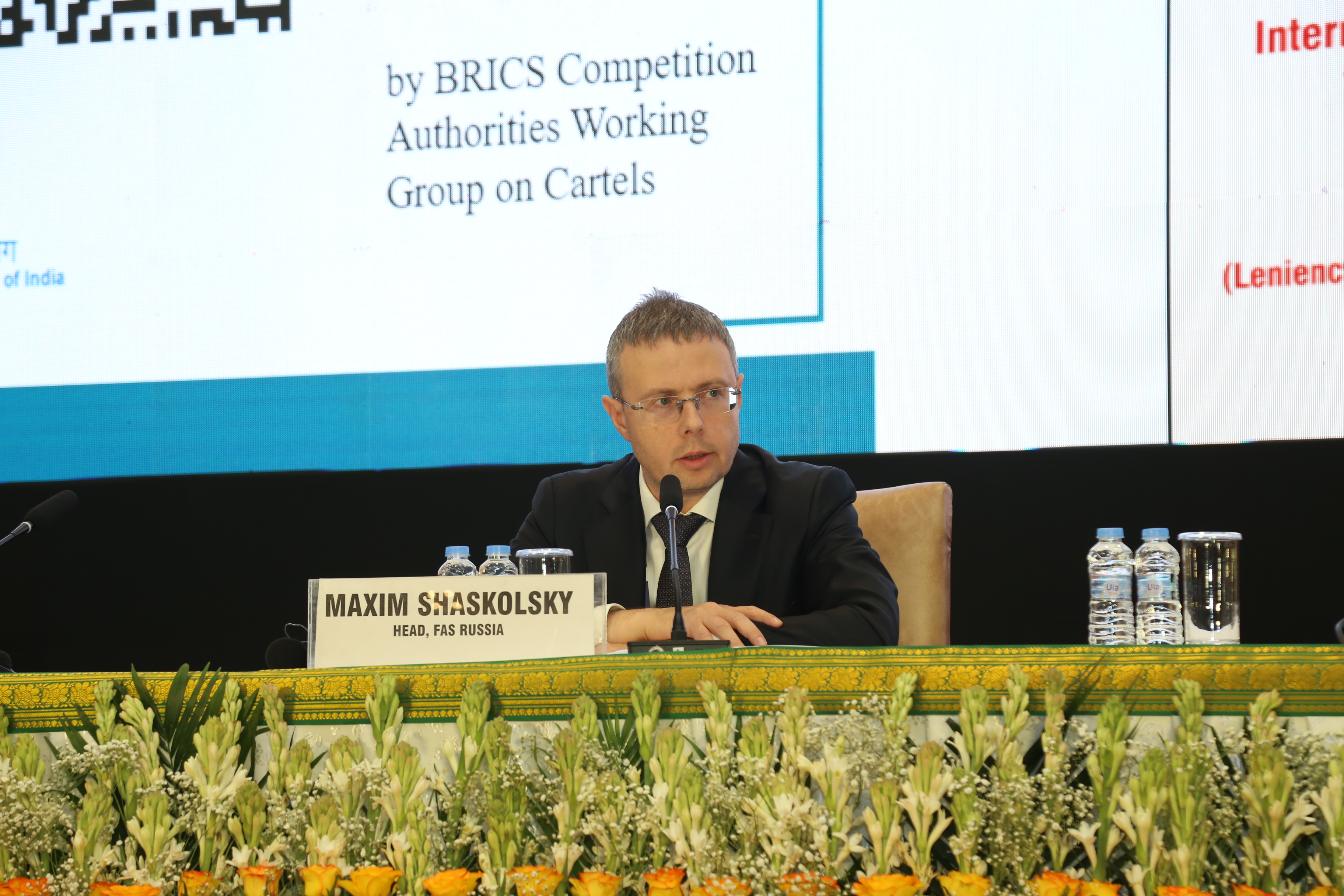
Maxim Shaskolsky, Head of FAS Russia, stated that cartel agreements undermine the foundations of the market economy. The leniency program provides certain guarantees to companies, developing trust between business and regulators. Mitigation of procedures and punishments makes the leniency program more flexible.
The head of FAS also presented the Updated Report on Digital Markets, prepared by the Administrative Council for Economic Defense of Brazil (CADE) with the support of all BRICS competition authorities.
The report covers key characteristics of digital markets in BRICS and other foreign jurisdictions. It also includes a comprehensive analysis of the challenges faced by competition authorities and suggests ways to address them. In particular, the report outlines practical ways in which qualitative market assessments, including zero-price markets, can be carried out. The paper provides an overview of case studies, including cases in which participants resorted to an algorithmic pricing mechanism. In addition, the paper looks at the specifics of evaluating economic concentration transactions in the digital realities.
"I am convinced that the report will be useful to all competing agencies of the BRICS countries, and its provisions will be widely applied in practice,"
said the head of the FAS.
The International BRICS Competition Law and Policy Centre provides important expert support to the activities of BRICS competition authorities, Shaskolsky noted.
"I propose to more actively use the potential of the Centre and involve its experts in joint work. I am convinced that the symbiosis of practical skills of competition authorities and scientific knowledge of the Centre's experts will contribute to the improvement of antitrust enforcement in the BRICS countries,"
the speaker stressed.
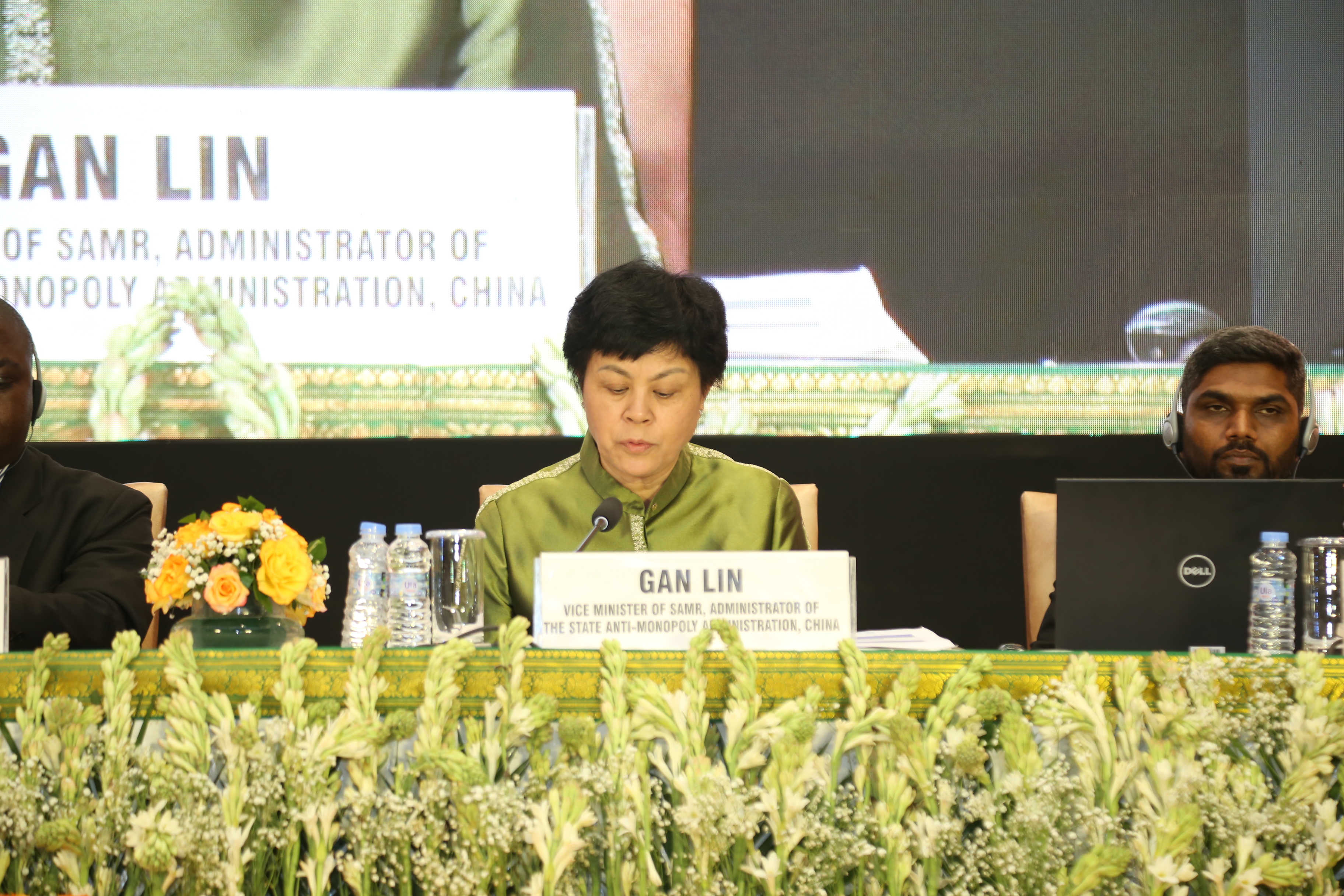
Gan Lin, Vice Minister of the State Administration for Market Regulation (SAMR) of China, Head of the State Anti-Monopoly Bureau of China, shared Chinese experience in applying leniency programs. In her opinion, three factors are necessary for this mechanism to work. The first is a strict penalty. Only if the fine (or other form of punishment) significantly exceeds the benefit from the offense will cartel members have an incentive to take advantage of the leniency program. The second factor is active cartel enforcement. Cartels can only be fought by maintaining high regulatory pressure, Gan Lin is convinced.
"Since the enactment of China's Anti-Monopoly Law (AML) in 2007, 237 cases of monopoly agreements have been investigated and prosecuted, and the amount of fines recovered has exceeded 7 billion yuan,"
emphasized the speaker.
Finally, transparency and clarity of rules are extremely important. Clarity of procedures under the leniency program helps to stabilize the expectations of cartel members and increase their motivation to file leniency applications.
As for the digital economy, it is characterized by a number of features (network effects, economy of scale, multilateralism, dynamic competition, etc.) that require targeted improvements in institutional rules to ensure fair competition. China added a special provision in the recently amended Anti-Monopoly Law to emphasize that operators should not use data and algorithms, technologies and their advantages, and platform rules for anti-competitive actions. In addition, Anti-Monopoly Guidelines for the Platform Economy were issued to clarify the criteria for determining monopolistic behavior of digital platforms.
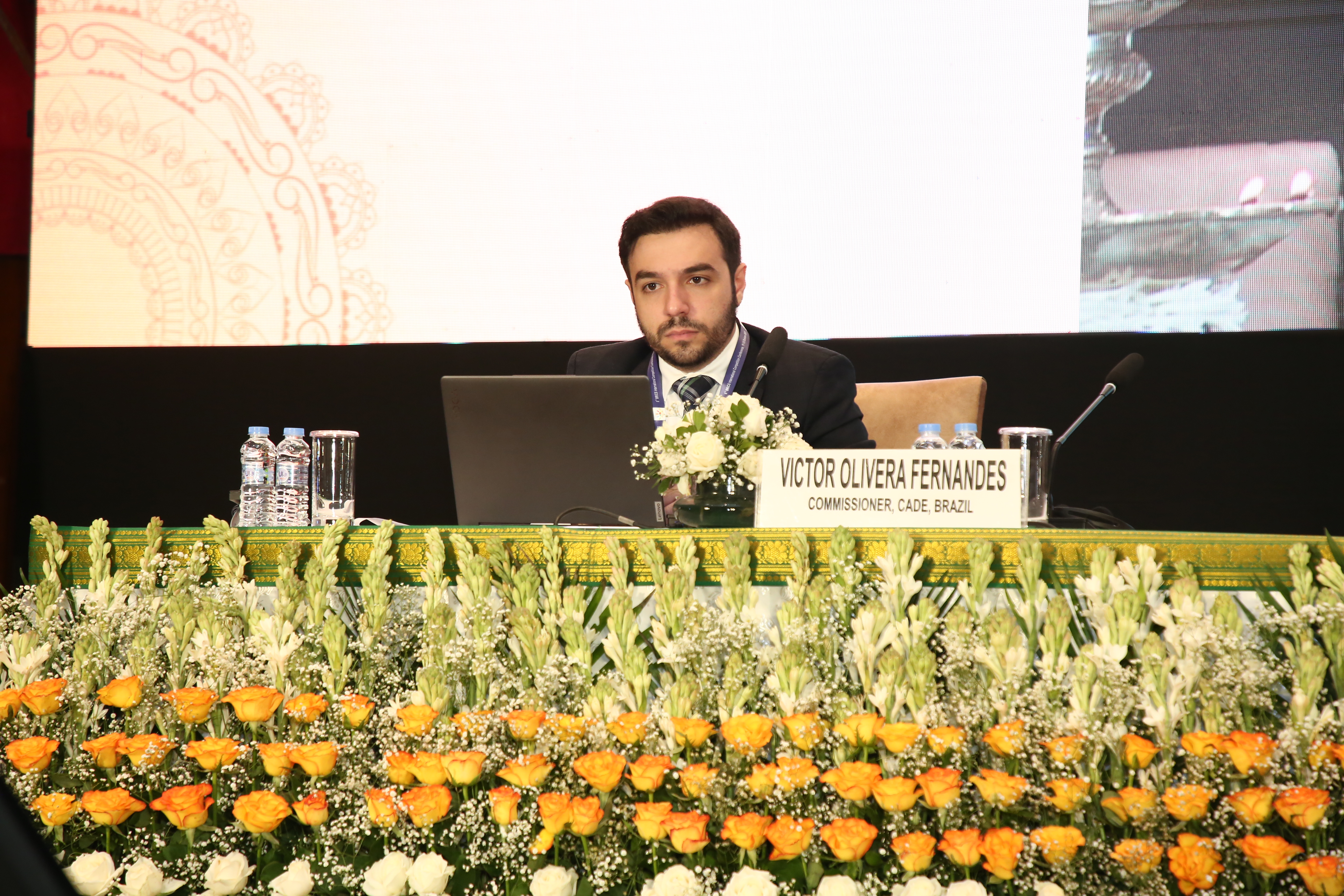
Victor Oliveira Fernandes, Commissioner, CADE, Brazil, said that the BRICS Digital Economy Report, prepared by CADE with the participation of all the BRICS competition agencies, will be presented at a conference in Rio de Janeiro in November. The BRICS countries are already noticing similar risks associated with the digital economy. These include: high economic concentration and market entry barriers, lack of transparency (regulators may not be able to access valuable data stored by platforms), and the impact of digital platforms on some traditional sectors of the economy. The forthcoming report outlines possible remedies that BRICS regulators could consider to empower consumers and prevent market tipping.
"The report ensures that our cooperation might also serve as a model for broader institutional coordination on digital governance. In this regard, BRICS collaboration underscores that in an interconnected world, countries must work together to secure the benefits of digital transformation."
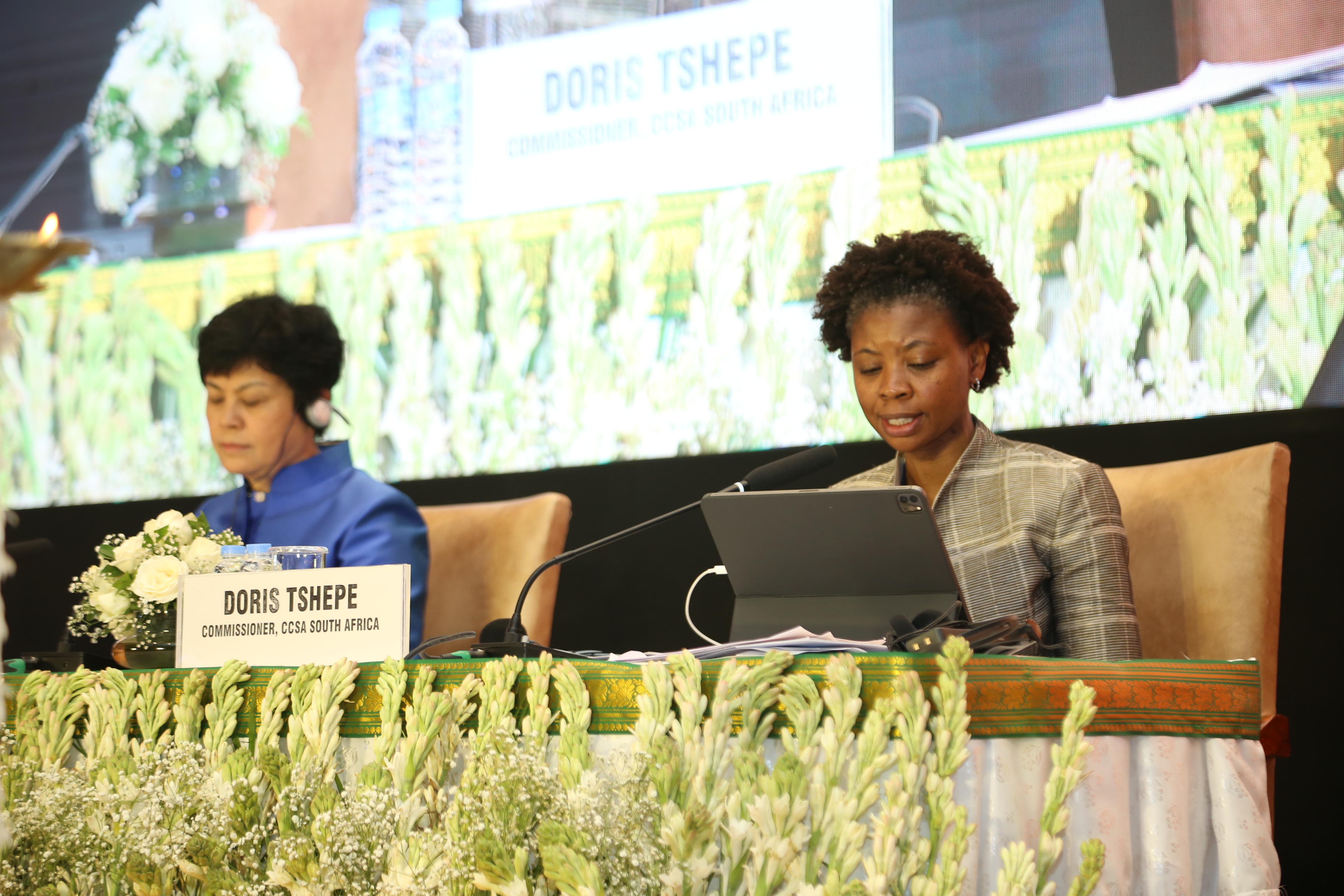
Ms. Doris Tshepe, Commissioner, Competition Commission of South Africa, stated that corporate leniency is a key tool in tackling cartels focusing on price fixing, market division and bid rigging. She mentioned that South Africa experienced cartels in construction, milk, bread, wheat and maize before the 2010 FIFA World Cup.
Speaking about the regulation of digital markets, the head of the South African competition agency noted that in each BRICS country, the purpose of antitrust legislation is determined in accordance with its specifics. In South Africa, this involves the development of small and medium-sized businesses, as well as increasing the participation in digital business of historically disadvantaged persons.
"Our approach is to find a balance to ensure that competition in the market thrives while promoting inclusive economic growth."
The meeting agreed that in a digitally globalized economy, there is a need to strengthen and expand cooperation and exchange of experience among competition authorities within the BRICS.
The conference, hosted biennially by the BRICS competition authorities, provides a platform for promoting cooperation, experience sharing and mutual learning amongst the competition authorities of BRICS countries.
